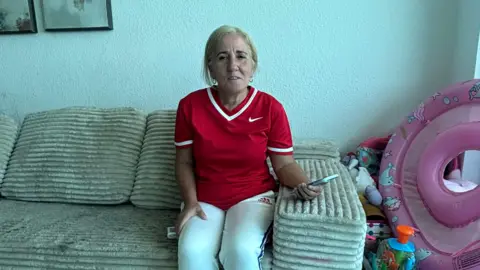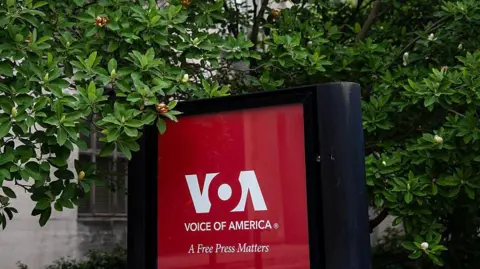TUCSON, Ariz. (AP) — A federal judge in Arizona has temporarily blocked the Trump administration from removing dozens of Guatemalan and Honduran children living in shelters or foster care after arriving in the U.S. alone. The decision from U.S. District Judge Rosemary Márquez in Tucson extends until at least Sept. 26 a temporary restraining order issued over the Labor Day weekend.
Judge Márquez voiced concern regarding whether the government had arranged for the children’s parents or legal guardians in Guatemala to take custody of them. Laura Belous, attorney for the Florence Immigrant & Refugee Rights Project representing the children, reported that the minors had individually expressed a strong desire against repatriation, fearing outcomes such as neglect, child trafficking, or struggles linked to various medical conditions.
Legal representatives for the children emphasized their clients’ fears of returning home and argued that the government is not adhering to laws intended to protect migrant children.
In Arizona, a legal aid group has filed a lawsuit representing 57 children from Guatemala and another 12 from Honduras, aged between 3 and 17. Meanwhile, Denise Ann Faulk, an assistant U.S. attorney, stated that the administration's strategy aimed to reunite children with their families as requested by Guatemalan officials.
The Department of Health and Human Services currently oversees most of these children at various shelters in Arizona. Further lawsuits in Illinois and Washington, D.C. also seek to prevent government actions against these minors.
The criteria outlined in the Arizona lawsuit request that the government allow children to present their cases in front of an immigration judge, access legal counsel, and be placed in the least restrictive environments while determining their best interests.
Judge Márquez indicated the alarming lack of coordination with the children’s parents and stressed the importance of allowing these minors due process. As many cross the border alone, hitting a peak in 2014, the numbers indicate a critical situation of safety and legal representation for vulnerable youths seeking asylum.




















